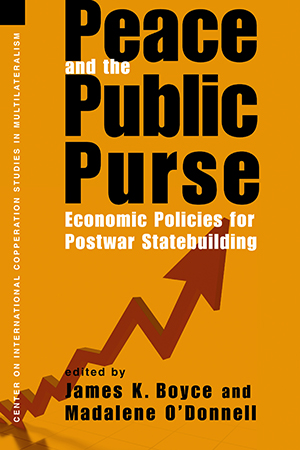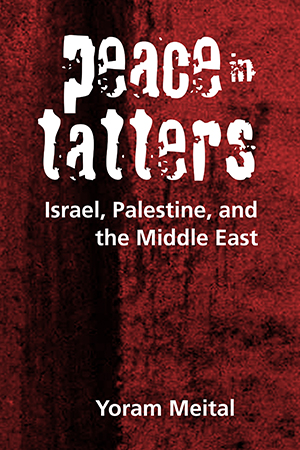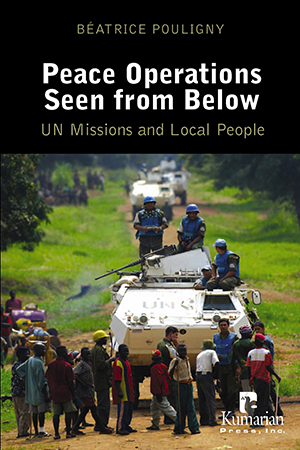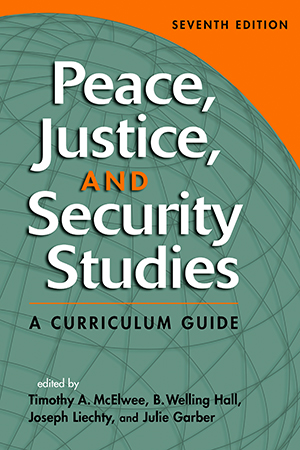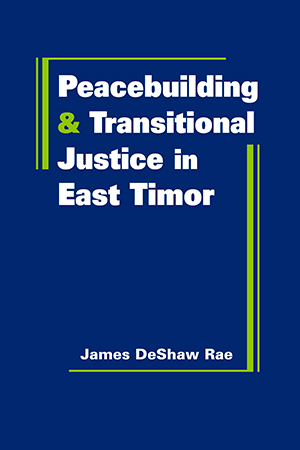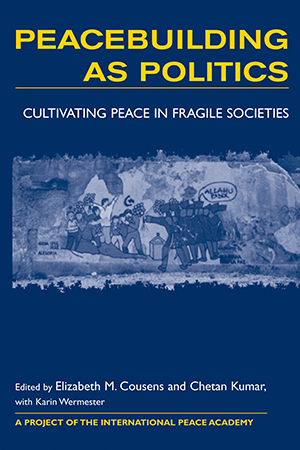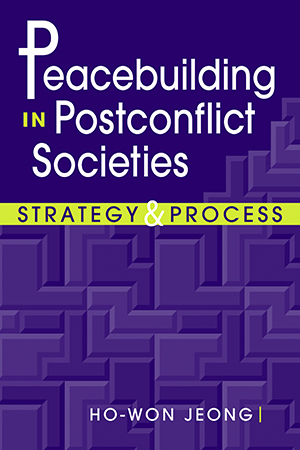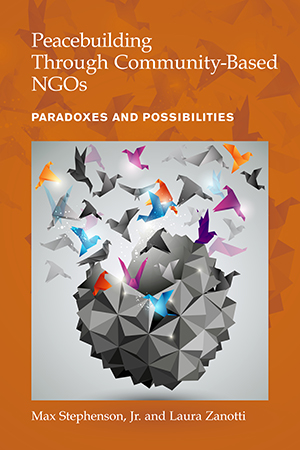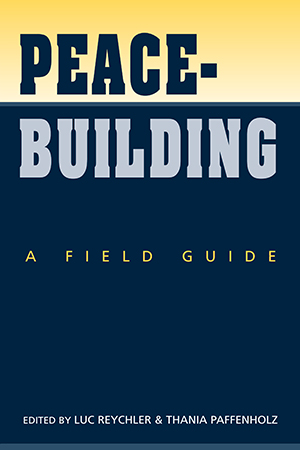BOOKS
In the aftermath of violent conflict, how do the economic challenges of statebuilding intersect with the political challenges of peacebuilding? How can the international community help lay More >
Peace in Tatters was born in a set of questions with which the author, an Israeli scholar, has struggled for some years: What went wrong in the Israeli-Palestinian peace process before the More >
Béatrice Pouligny argues that much of what is being rebuilt in societies emerging from war —or in some cases what is continuing to be destroyed—often lies in the ordinary More >
The idea of working for peace through the health sector has sparked many innovative programs, described expertly and accessibly in Peace Through Health by professionals in the field. More >
Fully revised to reflect the realities of the post–September 11 world, this acclaimed curricular reference provides a comprehensive review of the field of peace, justice, and security More >
Did the United Nations successfully help to build a just, peaceful state and society in postconflict East Timor? Has transitional justice satisfied local demands for accountability and/or More >
Although the idea of postconflict peacebuilding appeared to hold great promise after the end of the Cold War, within a very few years the opportunities for peacebuilding seemed to pale More >
This integrative discussion of the multiple dimensions of peacebuilding in postconflict societies offers a systematic approach to strategies and processes for long-term social, political, More >
Max Stephenson and Laura Zanotti explore the contested, but increasingly relevant, role that nongovernmental organizations (NGOs) play in resolving conflict and bringing about peace and More >
A milestone in the search for sustainable peace, this handbook highlights the invaluable contributions of people working in the field. The authors clarify how fieldworkers "fit" in More >



